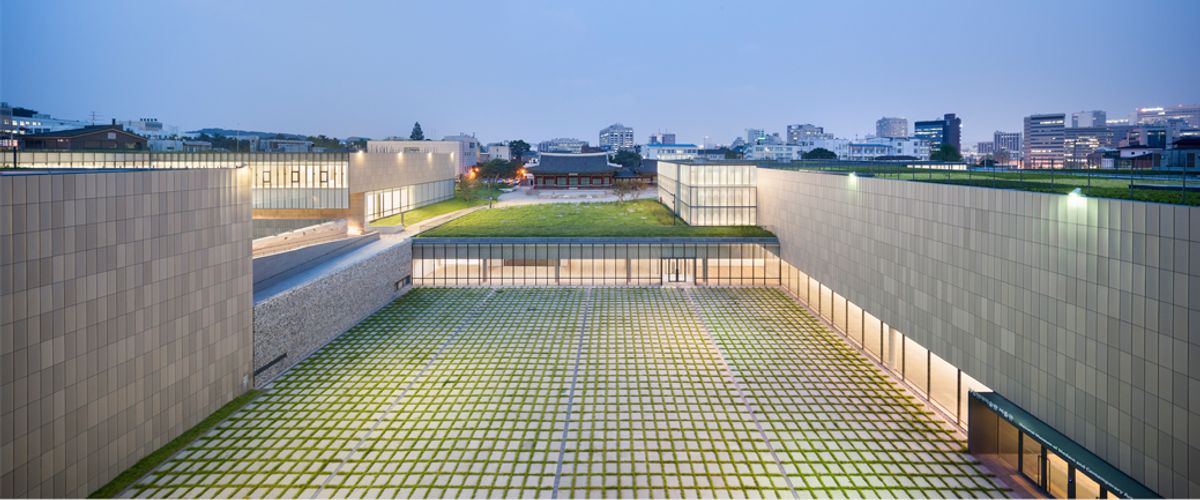It is a case of one step forward, two steps back for the South Korean capital Seoul, which has reentered a partial lockdown from last weekend, due to a new cluster of coronavirus cases at a processing site for the e-commerce companies Coupang and Market Kurly. As of Friday, 63 staff had tested positive, including one who attended a 300-person seminar while contagious.
As a result, the government has closed state museums in the city for two weeks. Institutions that have closed include the National Museum of Korea, the National Palace Museum of Korea and the Seoul, Gwacheon and Deoksugung locations of the National Museum of Modern and Contemporary Art, Korea (MMCA)—its Cheongju outpost remains open.
“On 28 May, the KCDC [Korea Centers for Disease Control and Prevention] announced strengthened quarantine measures in the Seoul metropolitan area, which was a government-level decision. On 29 May, there was a announcement and press release by the Ministry of Culture, Sports and Tourism that it would temporarily close [state museums] for two weeks from the 30th,” says an MMCA spokeswoman.
The spokeswoman says MMCA “reopened on 6 May and operated for 24 days, with 64,857 visitors” who advanced booked spaces online and followed physical distancing rules. Online reservations allow efficient notification of the closure as well, she adds, as South Korean institutions adapt to a system of rolling partial lockdowns. "When a government-level closure is decided, we immediately send a message to pre-bookers” as well as placing notifications on the website and social media channels.
“It seems to possible that the closure and opening of the museum could be repeated, depending on the situation of Covid-19," the spokeswoman says. “As of today [1 June] there have been 30 confirmed [new] cases in Korea,” she adds, “and we hope to drop to less than 10 [per day] and reopen the museum in mid-June.”
Meanwhile, commercial galleries and other businesses may continue operations, though some have voluntarily instituted precautionary staff rotations and working from home. Emma Son, the senior director of Lehmann Maupin in Seoul, says the gallery is operating as usual, with all visitors required to wear masks. "Overall, I think people are used to all the new normal of living one’s life in Seoul and it is our individual responsibility to be extremely careful and conscientious," she says. "With this second outbreak, I don’t see the same sense of panic we experienced when we had the first one."


